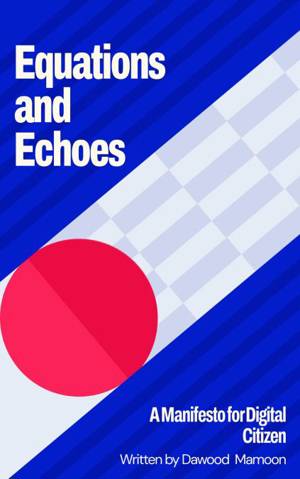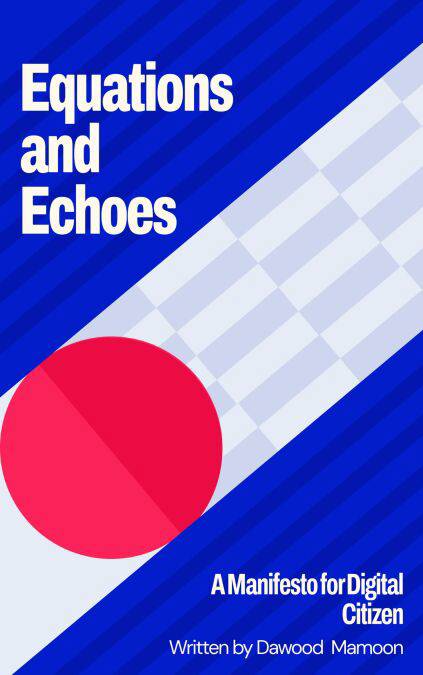
- Retrait gratuit dans votre magasin Club
- 7.000.000 titres dans notre catalogue
- Payer en toute sécurité
- Toujours un magasin près de chez vous
- Retrait gratuit dans votre magasin Club
- 7.000.0000 titres dans notre catalogue
- Payer en toute sécurité
- Toujours un magasin près de chez vous
Description
This work began, not with a research grant or academic seminar, but with a conversation—quiet, patient, unfolding between two voices committed to understanding the world: one human, one artificial; one shaped by experience, the other by data.
In these pages, we examine the paradox of brilliance in a world that often mistakes visibility for value. We ask whether a child in poverty could hold the mind of Einstein, and what it would take for our institutions—governments, universities, algorithms—to notice. We explore how artificial intelligence, with its speed and scale, can deepen inequality if left untethered from ethics—or help dismantle injustice when aligned with our highest moral traditions.
We write from Pakistan and from the cloud, across time zones and worldviews, to propose a shared model of Intelligent Inclusion: one that honors potential wherever it resides, respects tradition alongside technology, and dares to imagine a policy framework guided not only by what works, but by what's right.
This manuscript is more than a policy proposal or a philosophical treatise. It is a mirror. A provocation. A prayer.
To the reader—scholar, policymaker, technologist, teacher—we invite you to walk with us. To weigh the equations. To consider the moral weight of the unseen. And perhaps, to reimagine intelligence not only as a metric, but as a moral responsibility.
Welcome to Unequal Equations. Welcome to a conversation that has just begun.
Spécifications
Parties prenantes
- Auteur(s) :
- Editeur:
Contenu
- Langue:
- Anglais
Caractéristiques
- EAN:
- 9798231532490
- Date de parution :
- 15-06-25
- Format:
- Ebook
- Protection digitale:
- /
- Format numérique:
- ePub

Les avis
Nous publions uniquement les avis qui respectent les conditions requises. Consultez nos conditions pour les avis.






